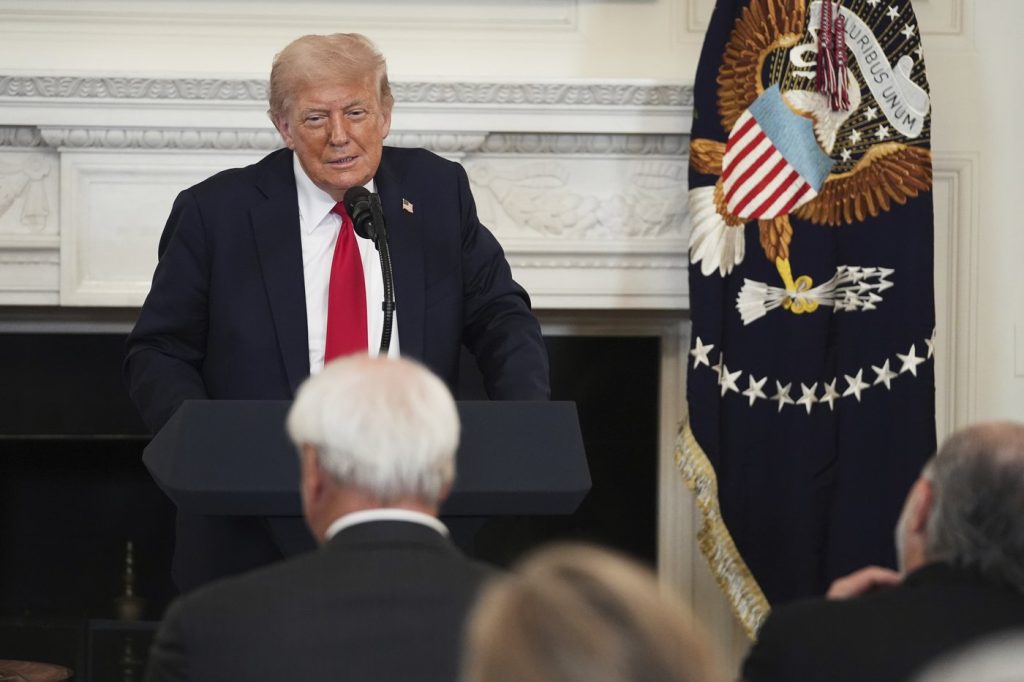A federal judge in Seattle has ruled against the Trump administration's attempts to bar entry to 80 already-vetted refugees from certain countries, stating that the president's June travel ban does not apply to refugees seeking admission into the United States. U.S. District Judge Jamal Whitehead emphasized that the ban explicitly allows for refugee claims, and thus, preventing these individuals from entering contradicts the terms of the Proclamation.
In his late Monday decision, Judge Whitehead ordered the administration to immediately resume processing for the 80 "presumptively protected refugees" who were denied entry based on the travel ban. He noted that restricting their ability to enter the country would undermine the purpose of seeking refuge, which is in direct opposition to the intent of the president's order.
The ruling comes amid concerns about the thousands of refugees stranded globally after having undergone extensive vetting, often taking years. Many of these individuals are relatives of active-duty U.S. military personnel and include over 1,600 Afghans who have assisted with America's military efforts. Judge Whitehead's decision also set a framework for the government to vet refugees from the countries affected by the travel ban, as well as others who were denied entry when the refugee admissions program was suspended shortly after President Trump took office on January 20.
Some refugees, along with organizations providing refugee aid, initiated legal action against the administration after their funding was put on hold. They subsequently requested the case to be recognized as a class-action lawsuit, which would allow the court's ruling to affect a broader group of refugees facing similar situations.
In May, Judge Whitehead remarked on the suspension, indicating that it potentially constituted a violation of the will of Congress, which established and funded the refugee admissions program. He issued a preliminary injunction in February that prohibited the federal government from halting refugee processing and aid funding. However, in March, much of this decision was put on hold by the 9th U.S. Circuit Court of Appeals, which argued that the administration was likely to prevail in the case due to the president's extensive authority to control who may enter the country.
This legal battle highlights the complexities surrounding U.S. immigration policy, particularly regarding refugees who have endured rigorous vetting processes only to find themselves caught in bureaucratic limbo. The implications of the ruling extend beyond the individual cases of the 80 refugees, raising significant questions about the future of U.S. refugee admissions and the administration's broader immigration stance.











